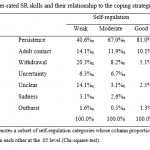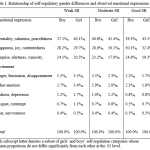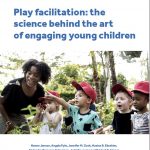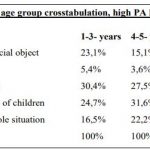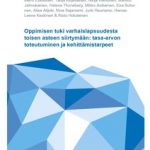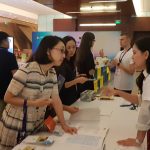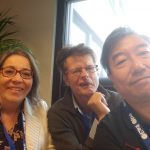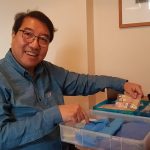 Professor James Ko from the Education University of Hong Kong is visiting Finland. We will test children’s self-management and pre-academic skills both in Finland and Hong Kong. Then we will observe children’s activities and teachers’ activities. in the follow-up study we will test the children again, seeking to find out what kind of learning environment and teaching style is best for children’s learning. This will help teachers, policymakers and parents understand how effective teaching in two contrastive contexts longitudinally affects children’s learning and their influences at multiple levels of surrounding contexts (classroom, school, education system). We will:
Professor James Ko from the Education University of Hong Kong is visiting Finland. We will test children’s self-management and pre-academic skills both in Finland and Hong Kong. Then we will observe children’s activities and teachers’ activities. in the follow-up study we will test the children again, seeking to find out what kind of learning environment and teaching style is best for children’s learning. This will help teachers, policymakers and parents understand how effective teaching in two contrastive contexts longitudinally affects children’s learning and their influences at multiple levels of surrounding contexts (classroom, school, education system). We will:
1. Examine the relationships between effective teaching and childhood development:
a) Whether children can learn more from teachers who show more positive teacher-student interactions;
b) Whether child-led, play-based teaching and teacher-led, academically-focused teaching approach have different impacts;
c) Whether a dominant type of teaching approach results in different learning outcomes;
2. To examine a) whether the above relationships change or strengthen over time (following up across three school years) and b) whether there are individual differences.
In the picture, you can see James presenting the pre-academic test. In our project we have already found several key indicators for a deep zone of proximal development. This is the first time we study the longitudinal effect of that zone!
